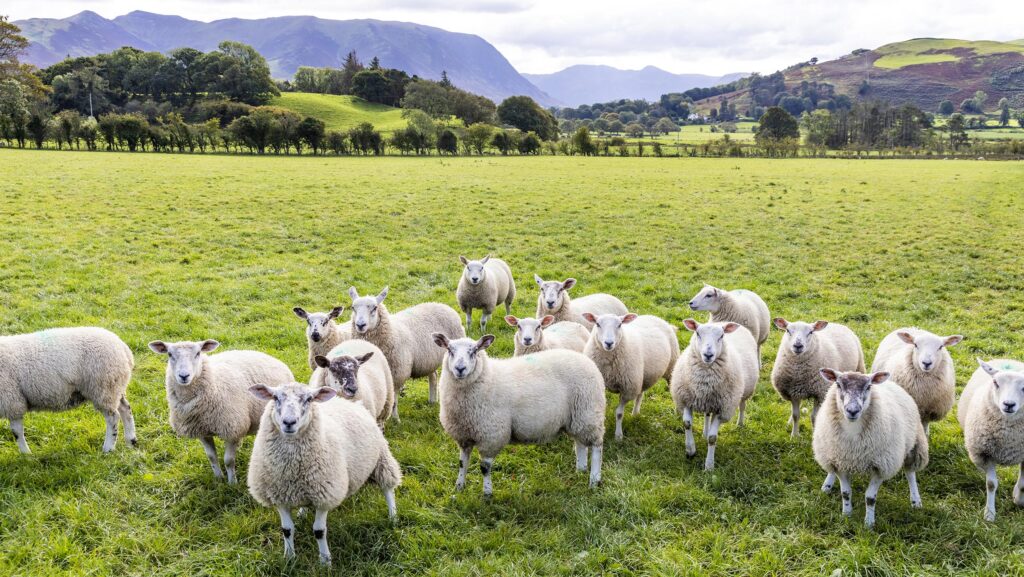Survey highlights farmers’ concern over bluetongue vaccine
 © Adobe Stock
© Adobe Stock Initial findings from a UK-wide survey show that over half of livestock keepers are still undecided about vaccinating their livestock against bluetongue virus (BTV-3), though a “substantial proportion” plan to do so before next summer.
The survey, conducted by Ruminant Health & Welfare in collaboration with Flock Health Ltd, the AHDB, and the University of Nottingham, assesses the impact of BTV-3 and its implications for both animal health and farm operations.
See also: What farmers need to know about bluetongue
Many farmers remain concerned about vaccine efficacy, the timing of vaccination, the duration of immunity, and potential risks, particularly regarding trade and costs.
Fiona Lovatt, of sheep veterinary consultancy Flock Health Ltd, said: “With bluetongue restrictions impacting movements, and increasingly, clinical signs being observed, it isn’t surprising that UK farmers have a lot of questions about vaccines.”
Early findings indicate that sheep farmers are more likely to vaccinate than cattle farmers, likely due to the higher mortality rates seen in unvaccinated sheep flocks across Europe.
Research from Germany shows that unvaccinated sheep flocks have suffered mortality rates of up to 30%, while vaccinated flocks have experienced much lower losses, with some reporting just 1-2%.
Ms Lovatt emphasises that, while actual BTV-3 can negatively impact fertility, there is no evidence suggesting that well-timed vaccination affects fertility in sheep or cattle.
Awareness
The survey findings come as the AHDB prepares a vaccination awareness campaign that aims to encourage timely discussions between farmers and vets about the benefits of vaccination.
Beyond animal health, the survey highlights the broader economic impact of BTV-3, with farmers reporting significant financial losses.
Some farmers in the restriction zones have struggled with market access for livestock, leading to difficulties with feed and forage for the winter.
Additionally, farmers have reported emotional and financial distress due to the disease’s impact, particularly those who have faced mortality in their herds and flocks.
One farmer respondent who has faced livestock mortality due to BTV-3 described the experience as “horrible; physically, financially, mentally and emotionally”.
The survey is still open for feedback.
